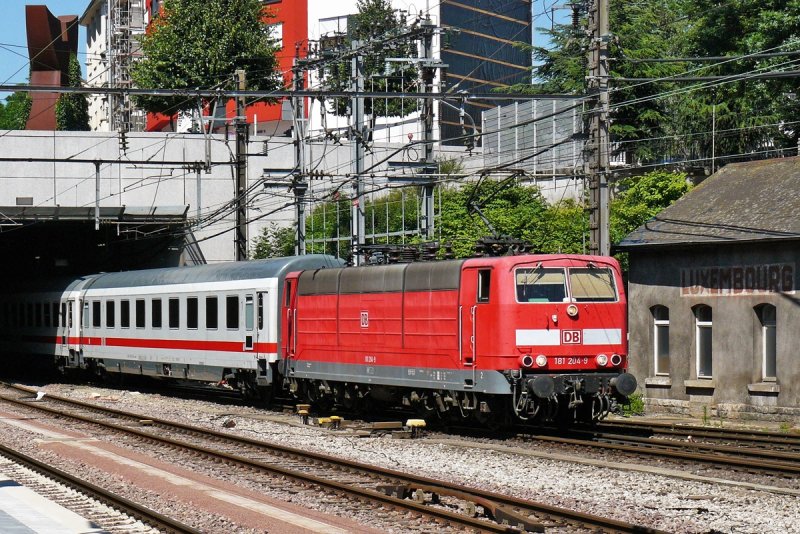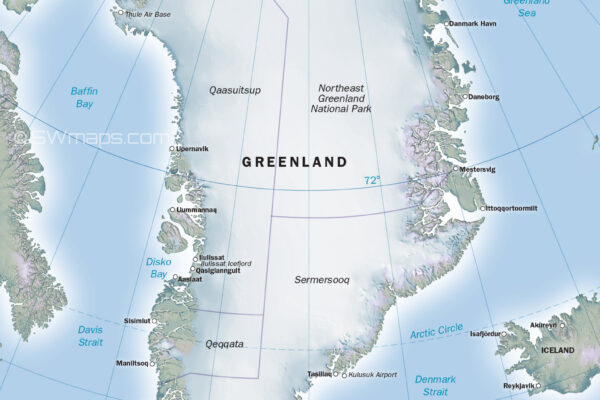
Introduction
Luxembourg, a small but significant country nestled between Belgium, France, and Germany, plays a pivotal role in the European landscape. Known for its rich history, robust economy, and cosmopolitan culture, Luxembourg has evolved into a vital financial and political hub within the European Union. Its importance extends beyond its size, influencing economic policies, international relations, and cultural exchanges across the continent.
Economic Significance
As of 2023, Luxembourg boasts one of the highest GDP per capita in the world, reflecting a diversified economy that thrives on banking, technology, and investment funds. The financial sector accounts for a substantial portion of the GDP, with over 150 banks, including some of the largest in Europe, operating within its borders. In recent years, the Grand Duchy has also positioned itself as a leader in technology and innovation, particularly in areas such as satellite communications and cybersecurity.
The government continues to foster an environment conducive to business, implementing favourable tax policies that attract multinational corporations. In 2022, Luxembourg announced new measures to enhance its economic resilience, focusing on sustainable finance and green technologies, as part of its long-term economic strategy.
Cultural Landscape
Beyond its economic prowess, Luxembourg is also home to a vibrant cultural scene, characterised by a blend of French and German influences, attributed to its geographical position. The capital, also named Luxembourg City, features a UNESCO World Heritage site, the Old Town, renowned for its mediaeval fortifications and scenic views. The city is also celebrating its newfound status as a European Capital of Culture in 2025, which will further boost tourism and local cultural initiatives.
Luxembourg’s multicultural society is further enriched by its diverse population comprising residents from over 170 different nationalities. The local government promotes inclusivity and multilingualism, with Luxembourgish, French, and German being integral to daily life.
Political Influence
On the political stage, Luxembourg’s role is significant within the EU framework. It hosts several major institutions, including the European Court of Justice and the European Investment Bank, solidifying its position as an influential player in European governance. Recent discussions surrounding EU integration and regulatory measures have highlighted Luxembourg’s commitment to a united Europe, thus maintaining its relevance in global political affairs.
Conclusion
In conclusion, Luxembourg continues to hold a vital position in Europe due to its economic stability, cultural diversity, and political influence. As the country moves forward, it is likely to face challenges such as economic fluctuations and shifting political landscapes. However, its proactive approach to sustainable growth and innovation suggests a promising future, reinforcing its status as a European powerhouse.
You may also like

Understanding the Significance of the Greenland Map

Current Events: What’s Happening in Iran

The UKIP Party: Recent Developments and Future Outlook
SEARCH
LAST NEWS
- Remembering Wendy Richard: The Promise to Co-Star Natalie Cassidy
- How Did Anglian Water Achieve an ‘Essentials’ Rating for Mental Health Accessibility?
- Shai Hope Leads West Indies in T20 World Cup Clash Against South Africa
- What We Know About Weston McKennie: Future at Juventus and Past at Leeds
- What We Know About the Upcoming Live Nation Antitrust Trial